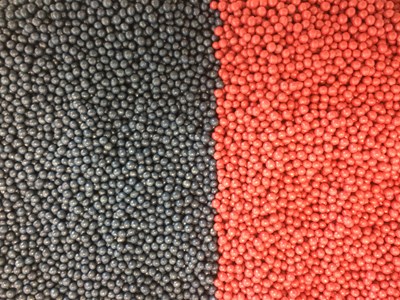As you will have heard last week (11th October) the government announced that the emergency authorisation application for the use of neonicotinoid seed treatments (thiamethoxam and clothiadinin) for 2019 was refused. BBRO is extremely disappointed in this decision as the scientific evidence for their limited use on sugar beet was strong. However, whilst there are no other treatments equivalent to the neonicotinoids for the broad spectrum of pests, there are still other products commercially available that can be used in 2019 to help control a range of soil-borne pests and others e.g. leaf miner and aphids.
Our current guidance for the 2019 season is as follows:
- You can use one application of the newly-registered product flonicamid (Teppeki), which is authorised for the control of virus-carrying aphids in sugar beet in the UK. To ensure this is the most effective application good timing will be critical.
- We suggest avoiding the use of pyrethroid and carbamate insecticides in an attempt to control virus yellows, as the main virus vector is the aphid Myzus persicae
and currently 89% of the UK population have complete resistance to these products so they will be ineffective and a waste of money.
- The foliar pyrethroid lambda-cyhalothrin (e.g. Hallmark Zeon) is the only insecticide registered for leaf miner control in sugar beet. However, this should not be used more widely in an attempt to control virus-carrying aphids as it will also have a negative impact on beneficial insects that predate aphids and would exacerbate virus yellows infection within crops.
- Tefluthrin (Force) will be available as a seed treatment for soil pest control, but this product does not control aphids or leaf miner.
Beyond 2019, BBRO is undertaking and supporting extensive monitoring activities and a programme of new research and trial work to develop alternative, sustainable solutions to neonicotinoid seed treatments. We are also working with the breeding companies to identify alternative genetic solutions for controlling virus yellows, however, we do not anticipate that commercially available varieties will become available to growers until the mid-2020’s.
BBRO is doing everything it can to support the industry and when we have new information available to help growers we will make this immediately available. We have a new web page dedicated to supporting growers in the absence of the neonicotinoid seed treatments where you can find a helpful Q&A document and also links to ongoing research activities. Further information will also be available at our winter events.
BBRO 15th October 2018




